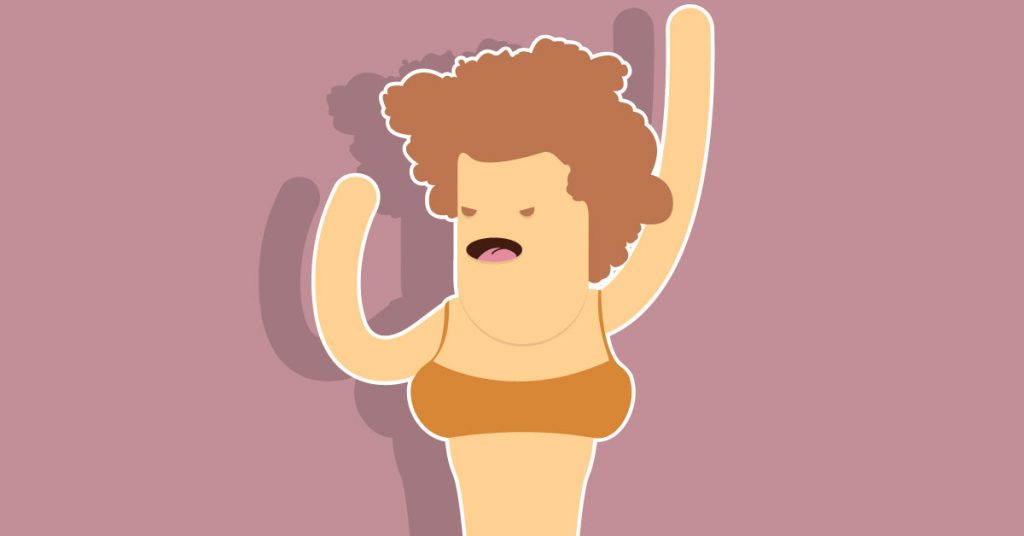Well yes friends, the menstrual cycle is a nuisance. And when you're a crossfitter, even worse.
The date and number of days can vary from woman to woman, but the common certainty is that every month, on time, he arrives and brings with him many inconveniences.
You noticed you have an rminor endiment in the week of menstruation, isn't it?
I personally happen to have to adapt the training and make it a little lighter. This has already worried me a lot, mainly when “performance” was at the top of my list of priorities.
So I decided to find balance: know and respect myself.
Who has never been disappointed in a WOD because he was unable to give himself completely, when in reality it was only a matter of adaptation?
To really understand what we are talking about, I studied them phases of the menstrual cycle and each of them has its own peculiarities. Understanding this is essential, as it gives training another perspective.
Index
Training performance during the menstrual cycle
In the central days of the cycle
For every woman, there is a period that can vary from two to several days. The production of estrogen, associated with the production and action of Serotonin, which regulates the sleep, mood, appetite.
The equation is simple: we have little estrogen in the body, so we are more down in the dumps!
A suggestion for this phase: take it more lightly. Yes, try to understand the moment and keep in mind that you may not be at the top. You don't have to stop, but you can adapt.
In the post-menstrual period
At this stage we have a increase in estrogen production and greater release of norepinephrine, which increases the motivation e improves performance in physical activities.
This is the time to invest in heavy training, gaining stamina, speed and force.
In the ovulatory phase
Also called fertile period, a slight drop in strength and coordination is noted here.
Nothing to worry about, but you need to pay attention to how your body responds. Estrogen production decreases and increases progesterone.
With the adaptation of the body, in a few days, vitality returns to normal (and thank goodness!).
In the luteal phase
Also known as post-ovulatory, is the one that precedes menstruation and here the premenstrual tension (PMS).
At this stage, the focus is on the decrease in progesterone production, if there is no fertilization of the egg and, therefore, there may be a increased physical fatigue and nervous changes, with reduced performance in training.
Are we talking about premenstrual tension (PMS)?
With greater or lesser intensity, it happens to almost all of us women during the menstrual cycle.
However, despite the feeling of being angry with the world, exercise increases the level of neurotransmitters such as norepinephrine, serotonin and dopamine, which produce a feeling of relaxation and well-being, that is, it is a natural remedy!
My suggestion: if you can, don't stop training. As mentioned, adaptation is everything!
Getting to know each other is the starting point for better performance.
In conclusion
- If you have one recovery slower, do a lighter workout, lots of stretching, sleep a little more, try to eat very nutritious and anti-inflammatory foods.
- If you feel you can do your best, increase your pace, increase your load, focus on what you want and try to get more results in that week.
- If you train and the result is not satisfactory, watch your phase of the month. It's possible that the answer is there and you can stop criticizing yourself, right?
Ah, and always try to train smart: focus on what can be done, what is essential, see if your body can go further.

